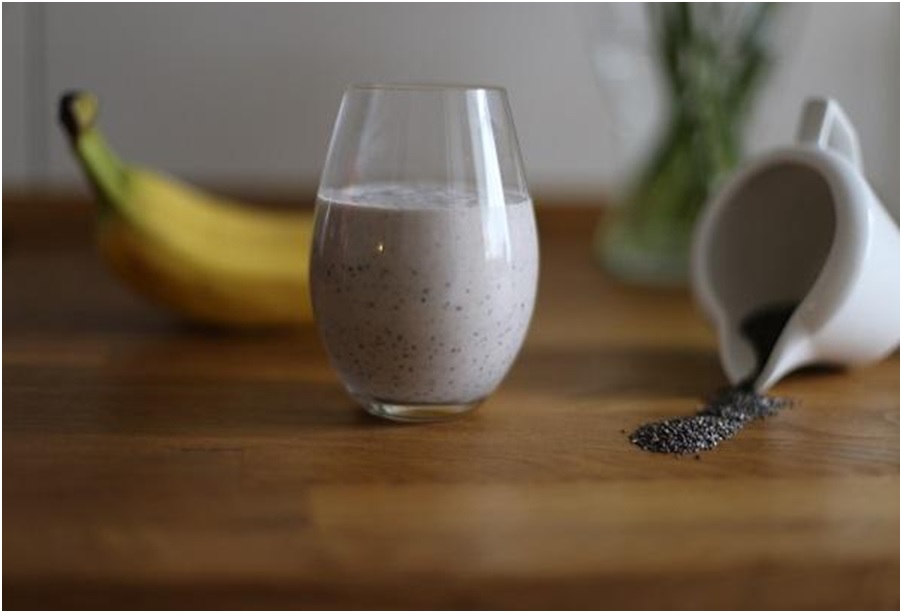How Can You Maintain Good Gut Health?

A healthy gut is necessary for proper body functioning, including better digestion, improved metabolism, decreased risk of chronic diseases, and reduced inflammation. You can’t rely on expensive probiotic supplements to enhance your gut health.
Some common signs of an unhealthy gut include-
- Gaining or losing weight without making any lifestyle or eating changes
- Bloating, constipation, diarrhea or/ and heartburn
- Increased inflammation in the body
- Sleep disturbances
- Skin irritation or skin conditions like eczema
- Food intolerance
Therefore, the best way to survive the pandemic is to maintain a healthy gut by engaging in healthy food habits, making lifestyle changes, managing stress levels, ensuring proper sleep cycles, etc.
So, let’s look at some easy ways to ensure a healthier gut.
Switch to a healthy diet
Reduce the amount of high-fat, high-sugar, and processed foods in your regular diet. Switch to plant-based foods like fruits, lentils, green peas, legumes, beans, broccoli, whole grains, chickpeas, etc. Such foods are rich in proteins and fiber and help to increase the healthy gut bacteria. Thus, they are essential to influence your gut positively. You can also spice up your meals a bit by adding turmeric, ginger, garlic, and other healthy and delicious spices.
Consume more fermented foods
Adding nutritional yeast or other fermented items, including yoghurt and kefir, to your daily diet is the best practice to ensure adequate probiotics levels in your body, especially for vegans.

It is recommended to buy organics online the best quality of nutritional yeast, rather than the chemically grown one, as it offers a plethora of health benefits.
Make lifestyle changes
- Get adequate sleep or try to get quality sleep in shorter periods by maintaining a regular sleep cycle.
- Engage in enough physical activity to get your gut moving
- Try alleviating stress levels by practicing breathing exercises and meditation.
- Give your gut a break from digestion activity. The easiest trick is to avoid eating anything for 12 (or more) hours—from the previous night’s dinner to breakfast the next morning.
- Cut down on alcohol consumption as it can increase plenty of pathogens in your gut, in addition to causing diarrhoea, constipation, and bloating.
- Stay away from artificial sweeteners as they can significantly impact your gut negatively. They also increase your blood sugar levels and impair your body’s insulin response.
- Never neglect your dental hygiene, as studies have shown that not brushing regularly can cause the harmful bacteria residing in your mouth to reach into your gut. These potentially dangerous microbes can alter the balance of bacteria in your gut.
Conclusion
You can consume yeast as a supplement, take one to two tablespoons per day, or mix the powdered yeast in water or other beverages.
Further, it’s recommended to avoid using yeast in baking or cooking recipes that involve heat, as the process may B Vitamins levels to reduce, thus reducing its beneficial properties. Instead, you can sprinkle it on your food at the end to benefit from all the absorbed nutrients.